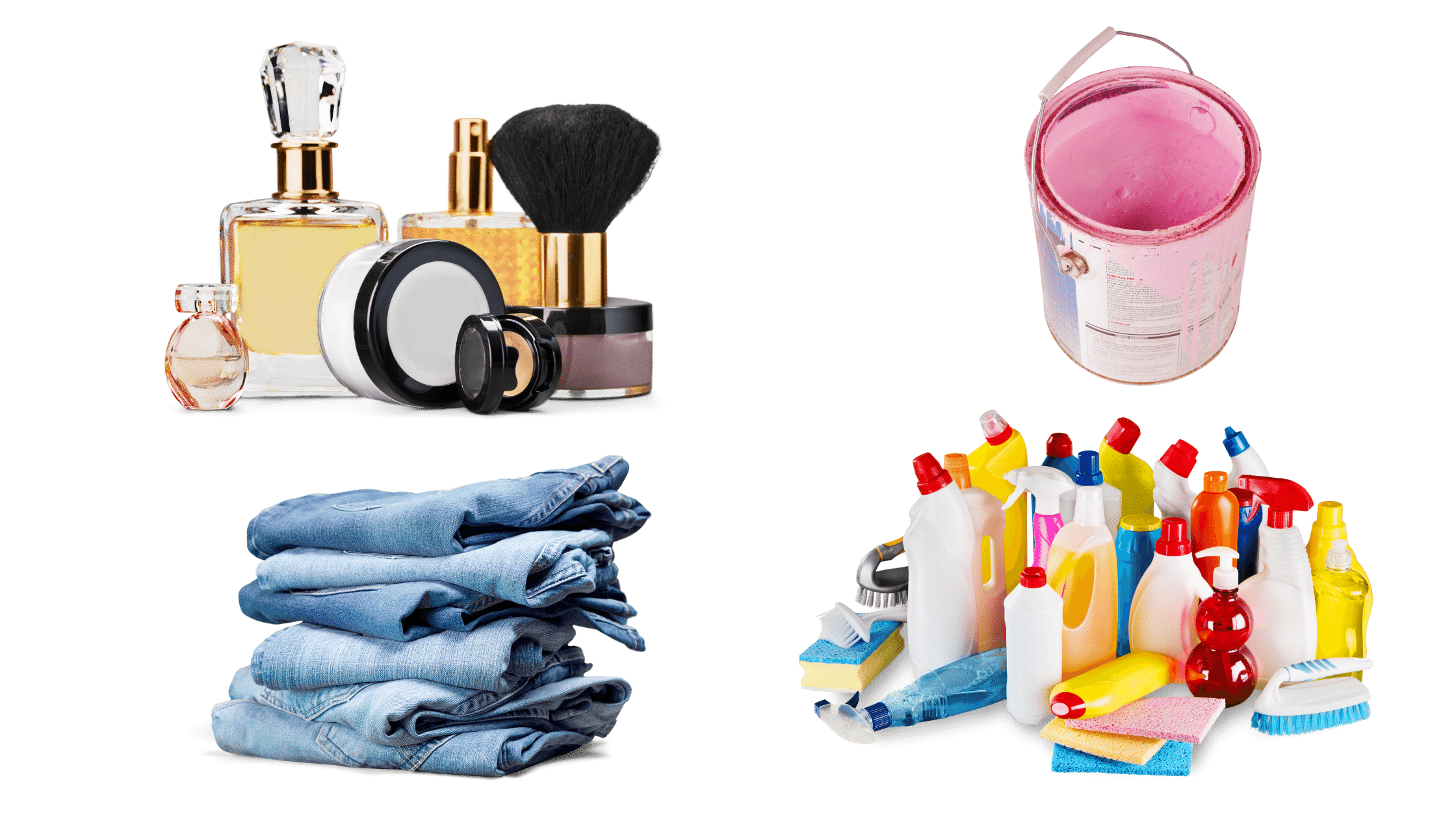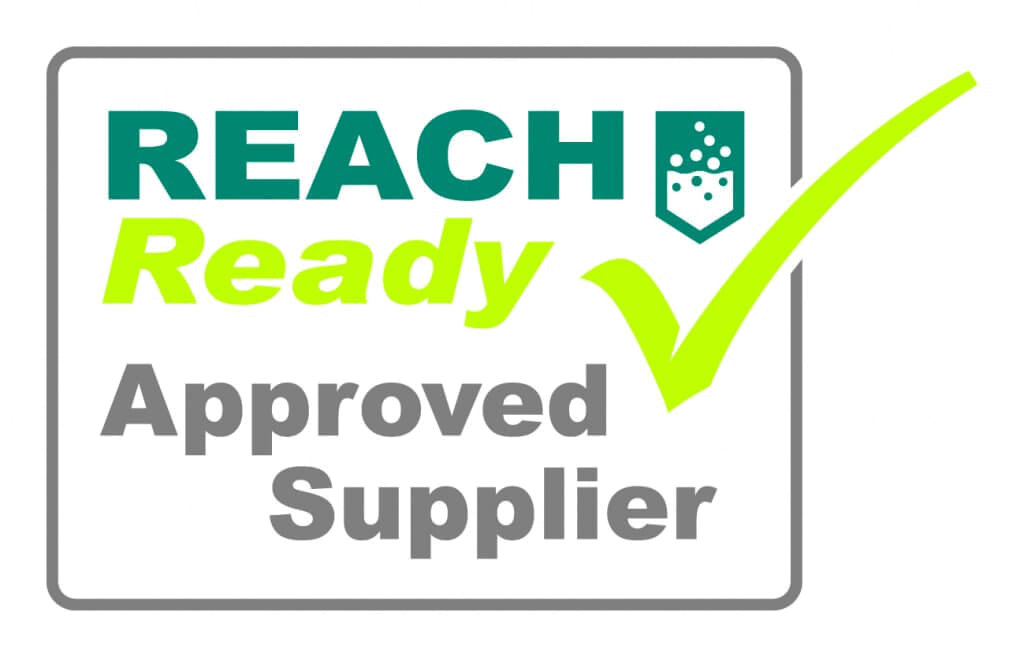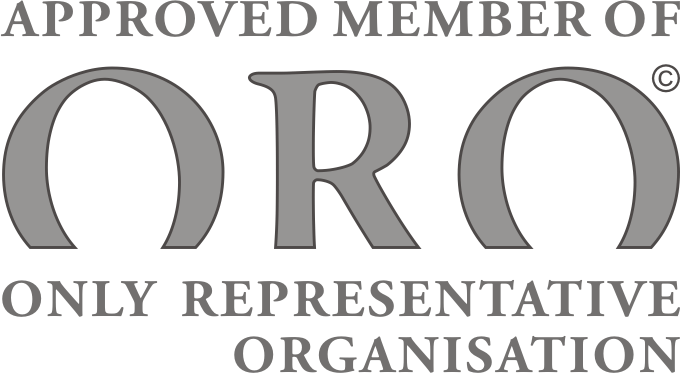Cosmetics and DGSA Specialist
Phone +358 10 504 5860
satu.salomaki@chementors.eu
Finnish | English
We take care of the complete REACH registration process from scratch or certain parts of it based on our client's needs.
Our ultimate mission is to enable our clients to focus on their own business while leaving all REACH issues to us on a turnkey basis.
We take care of the complete REACH registration process from scratch or certain parts of it based on our client's needs.
Our ultimate mission is to enable our clients to focus on their own business while leaving all REACH issues to us on a turnkey basis.
We take care of the complete REACH registration process from scratch or certain parts of it based on our client's needs.
Our ultimate mission is to enable our clients to focus on their own business while leaving all REACH issues to us on a turnkey basis.
We take care of the complete REACH registration process from scratch or certain parts of it based on our client’s needs.
Our ultimate mission is to enable our clients to focus on their own business while leaving all REACH issues to us on a turnkey basis.


Phone +358 10 504 5860
satu.salomaki@chementors.eu
Finnish | English

Phone +84 39 6169 628
mi.nguyen@chementors.eu
English | Vietnamese

Phone +358 10 504 5862
prasanna.sakha@chementors.fi
English | Nepalese

Phone +358 10 504 5861
jan.nylund@chementors.eu
Finnish | Swedish | English | German
We would love to speak with you.
Feel free to reach out using the below details.
Chementors, as a competent REACH consultant from Finland, is here to give benefits to your business in the EU;


A short description of the service and how the visitor will benefit from it.

A short description of the service and how the visitor will benefit from it.

A short description of the service and how the visitor will benefit from it.

A short description of the service and how the visitor will benefit from it.

A short description of the service and how the visitor will benefit from it.

A short description of the service and how the visitor will benefit from it.

A short description of the service and how the visitor will benefit from it.

A short description of the service and how the visitor will benefit from it.



REACH stands for Registration, Evaluation, Authorisation, and Restriction of Chemicals.
Depending on the activities in the supply chain, a legal entity may have separate roles under REACH. It is also possible that one entity would play multi roles, such as both manufacturer and importer roles, for the same substance.
Therefore, it is important for companies to precisely determine their roles for each substance to fully abide by the corresponding obligations set to the role(s).
REACH regulation lays down the registration obligations to the following actors:
EU manufacturers and importers of substances as such or in mixtures in quantities of one tonne or more annually
EU manufacturers and importers of articles if the article contains a substance in quantities over one tonne annually and the substance is intended to be released under normal or reasonably foreseeable conditions of use
Only representatives who are established in the EU and appointed by companies established outside the EU fulfill the registration obligations of importers.
We have been doing the REACH registrations for substances in mixtures from various industrial areas such as:

adhesives and sealants
air care products
construction products
biocides
detergents and cleaning products
fuels
fragrances
paints and coatings
personal care products
products for animal
pulp and paper
textile and garment treatment products
surface treatment products
Since 2012, we have successfully completed more than 100 REACH registration projects including PPORD for clients in more than 15 countries in the world.
We also have acted as the Only Representative for several companies established outside the EU.
REACH stands for Registration, Evaluation, Authorisation, and Restriction of Chemicals.
REACH lays down obligations to legal entities established in all 27 member states of the European Union and the other Member States of the European Economic Area namely Norway, Iceland, and Liechtenstein.
List of countries where EU-REACH is applied: Austria, Belgium, Bulgaria, Croatia, Republic of Cyprus, Czech Republic, Denmark, Estonia, Finland, France, Germany, Greece, Hungary, Ireland, Italy, Latvia, Lithuania, Luxembourg, Malta, Netherlands, Poland, Portugal, Romania, Slovakia, Slovenia, Spain, Sweden, Norway, Iceland, and Liechtenstein.
No, it is not. EU REACH does not apply to substances that are manufactured in or imported to Great Britain (i.e., England, Scotland, Wales). Instead, companies should comply with the UK-REACH. For companies that are established outside Great Britain (GB), registrations can be done via the GB-based Only Representative.
No, they are not. There are fundamental differences between REACH and ROHS. ROHS, standing for Restriction of Hazardous Substances, is an EU directive on certain substances which are present in electronic products.
REACH, on the other hand, is an EU regulation laying down registration obligations to all chemicals which are present in a product in quantities of one tonne or more per annum. Generally, if a product is ROHS-compliant, the product still must fulfill REACH registration obligations before being placed into the market, if such product falls into the scope of REACH.
Yes, we do. We are experienced in organizing REACH training compliance processes for private companies as well as for state-own entities. Depending on the customer’s needs and roles in the supply chain, the training topics & contents could be customized, for example:
to name but a few.
We aim to provide both general views of the process and key relevant points to customers’ projects. The training can be conducted onsite or online.
It is correct that to export the chemicals to the EU market, the substance in quantities of one tonne or more per year must be registered beforehand.
The registration cannot be done by the non-EU companies, but by (1) the EU importers or (2) the EU-based Only Representative.
Only Representative is one of our key services. We are fully qualified to act as your REACH Only Representative for the European market.
The information requirements in REACH registration depend significantly on the annual tonnage band which is the sum of annual manufactured and imported quantities. There are four tonnage bands under REACH: 1 to 10 tonnes, 10 to 100 tonnes, 100 to 1000 tonnes, and 1000 or more per year.
The higher the tonnage band is, the greater amount of data would be needed. For instance, a Chemical Safety Report should be submitted if the substance is manufactured or imported in quantities of more than 10 tonnes annually.
Therefore, it is important to determine the tonnage band correctly.
Terms used in REACH regulation and registration process may not be very familiar to the majority. In this section, we introduce some keywords and their simplified definitions with the hope that it would help companies understand the REACH terms better. Please feel free to contact our experts for clearer information.
Chemical Safety Report For the registration of substances in the tonnage band of 10 tonnes or more per year, a Chemical Safety Report (CSR) must be submitted in the registration dossier. The CSR is compiled to demonstrate that the risks from exposure to the registered substance during its manufacture and use are controlled when specific operational conditions and risk management measures are applied.
Generally, a CSR consists of the following parts:
Consortium Registrants of the same substance could decide to establish a consortium generally to:
Inquiry dossier Before registering, potential registrants have a duty to inquire to ECHA whether a registration has already been submitted for that substance. Based on the submitted substance identity information in the Inquiry dossier, ECHA directs the inquirers to the relevant co-registrant’s page in REACH-IT. Only when having this decision from ECHA, the potential registrant can submit the registration dossier or start any tests on vertebrate animals if required.
Letter of Access (LoA) ECHA establishes a legal framework regarding the Joint Submission’s data-sharing obligation. For that, parties are required to share the cost of information that is required to be submitted as well as the administrative fee. A data-sharing agreement is mandatory and should be made in a fair, transparent, and non-discriminatory way.
By paying for a Letter of Access (LoA) to join the Joint Submission, the potential registrants should have access at least to the endpoint results for which they have paid or to a copy of the robust study summary and study summaries, if available.
This practice helps reduce registration costs and avoid unnecessary testing, especially on vertebrate animals.
In short, the LoA fee is:
Lead Registrant Under the REACH Regulation, the role of Lead Registrant is a mandatory role laid down in Article 11(1). The Lead Registrant is defined as the ‘one registrant acting with the agreement of the other assenting registrant(s)’ and is the one that must submit certain information first before others can submit their member dossiers.
The Lead Registrant must act with the agreement of the other co-registrants, submit the joint submission dossier as well as coordinate the activities within the Consortium.
Joint Submission Based on ECHA’s “one substance – one registration” principle, potential registrants are required to jointly submit information on their substance whose identification profile is the same as the substance that was already registered on the ECHA database. This process is called a Joint Submission. It helps enhance the efficiency of the registration system, reduce costs, and minimize testing on vertebrate animals.
Individual Submission For substances that have not yet been registered in the ECHA database, an individual submission is required.
Tonnage band The volume of the substance that was manufactured and/or imported shall be calculated in tons per calendar year which is from 1 January to 31 December. To do so, potential registrants need to sum up all volume of the substance on its own, in a mixture, and in an article intended to be released. The total estimated volume will then determine the tonnage band to be registered. There are four tonnage bands for registrations:
The tonnage band will have an impact on the ECHA fee, Letter of Access fee, and the amount of information to be provided in the registration dossier.
A short description of your store and the products you offer.





Chementors Ltd | Finland | Hong Kong | Vietnam | info@chementors.fi